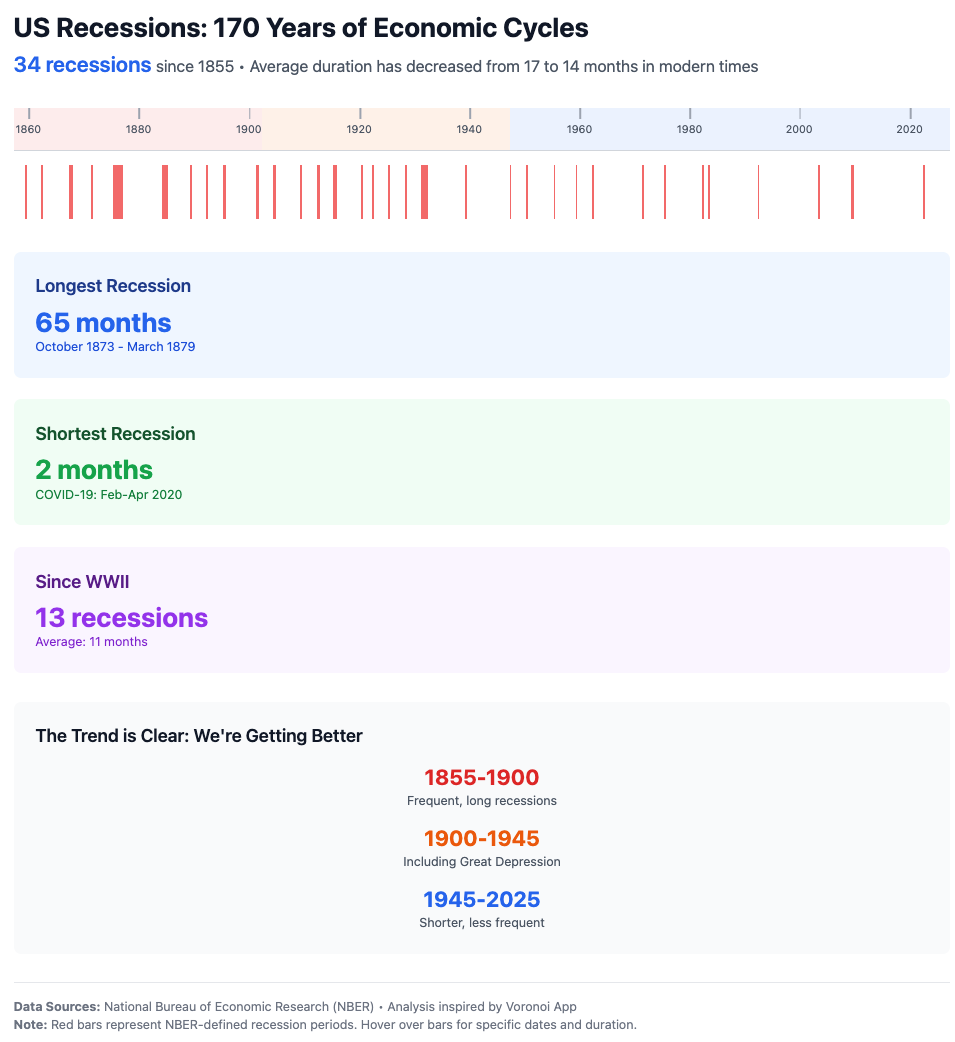House Passes Major Tax Bill: What Wealthy Investors Need to Know
- Anatoly Iofe

- May 31
- 3 min read

Last week, the House of Representatives passed a sweeping new tax bill. While it still needs Senate approval and could be modified along the way, it’s important to understand the key proposals and how they might impact your financial and estate planning. Here’s a simplified breakdown of the most relevant changes:
Individual Income and Estate Taxes
Permanent Tax Rates: The bill seeks to make the current individual income tax rates permanent, rather than allowing them to expire in a few years. Still, future Congresses can always revise them.
Estate Tax Exemption Increase: The estate and gift tax exemption would increase from $13.99 million to $15 million per person starting in 2026, with ongoing inflation adjustments. This change would provide more flexibility for high-net-worth families looking to transfer wealth tax-efficiently.
Updates to Deductions
Standard Deduction: Expect a modest increase, though no exact figure has been finalized.
SALT Deduction Cap: A new cap of $40,000 would be introduced for state and local tax deductions.
For high earners (AGI over $500,000), this deduction is reduced by 30% of the income above the threshold, but it won’t go below $10,000.
Example: If your AGI is $600,000, you’re $100,000 over the limit. 30% of $100,000 = $30,000. Your deduction would drop from $40,000 to $10,000.
Limits for High-Income Filers: For those making over $750,000 (married filing jointly), deductions for mortgage interest, medical expenses, and charitable giving would be reduced by 2%.
Example: A $500,000 charitable donation would be treated as a $490,000 deduction.
Higher Taxes on Universities and Foundations
University Endowments: The current 1.39% excise tax on large university endowments could increase to up to 21%, depending on the size and assets.
Private Foundations: New, tiered tax rates could push excise taxes to as high as 10%, targeting wealth held in philanthropic vehicles.
Opportunity Zones & the New “OZ 2.0”
No Change for Existing OZ Investors: You can still defer capital gains until December 31, 2026, by investing in a Qualified Opportunity Zone Fund.
New OZ 2.0 Initiative: A second version of the program could focus more on rural areas, with stricter investment standards and potentially updated rules for deferrals and step-ups in basis.
A New Tax Break for Seniors
“Senior Deduction”: Individuals aged 65+ would get a new $4,000 deduction for the next three years.
It phases out at $75,000 of income for individuals or $150,000 for married couples.
Note: Social Security benefits remain taxable—this deduction doesn’t change that.
Boosted Tax Break for Business Owners
Section 199A Deduction Increase: The Qualified Business Income (QBI) deduction for pass-through business owners (e.g., partnerships, S-corps, sole proprietors) would increase from 20% to 23%.
Rollbacks on Clean Energy Incentives
The bill proposes repealing or scaling back several clean energy tax credits introduced by the Inflation Reduction Act.
If you’re considering solar, EVs, or other green investments, it’s worth reviewing your options before these benefits potentially disappear.
Final Thoughts
This bill is still moving through Congress and may change before it becomes law. However, many of the proposed provisions could have significant implications for your personal finances, estate planning, or business strategy.
At IceBridge Financial, we’re closely tracking these developments to help you adapt proactively. Whether you're planning a wealth transfer, evaluating charitable structures, or running a business, now is the time to start conversations about how upcoming tax changes could affect your goals.
Have questions? Schedule a private consultation here.
Sources of Information*:
*These organizations are not affiliated with IFG. IFG does not endorse, support, or recommend any information that is not provided by its affiliates or representatives.
Disclaimer:
Information provided is for informational purposes only, and does not constitute a financial advise, an offer or solicitation to sell, a solicitation of an offer to buy, any security or any other product or service. Accordingly, this document does not constitute investment advice or counsel or solicitation for investment in any security. The information in this material is not intended as tax or legal advice. Please consult legal or tax professionals for specific information regarding your individual situation.




